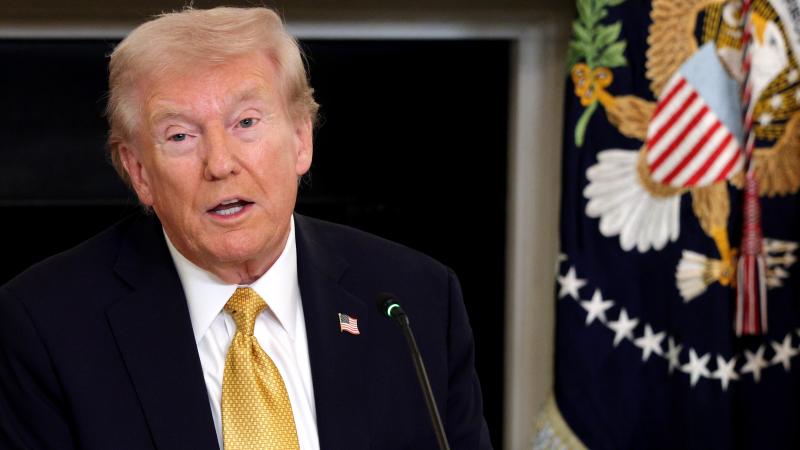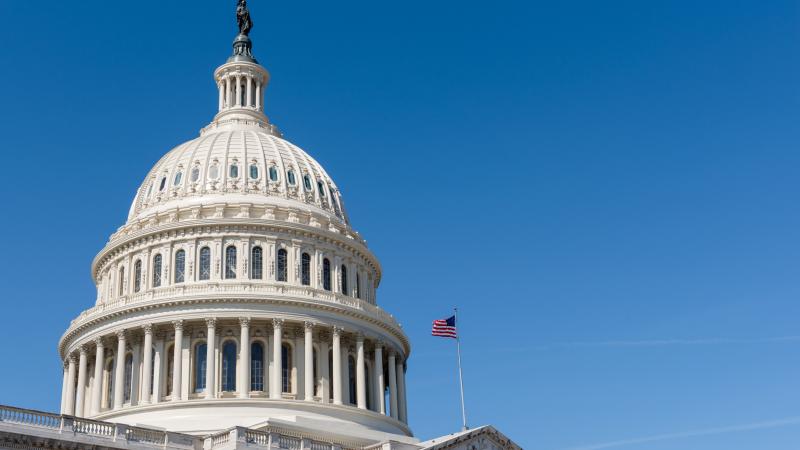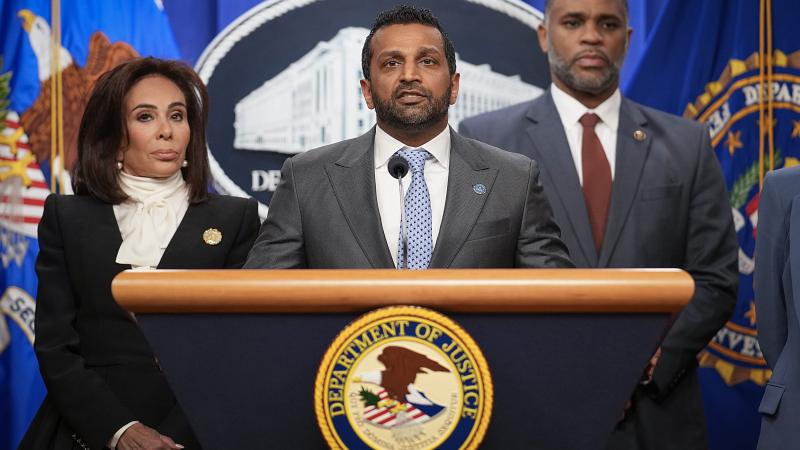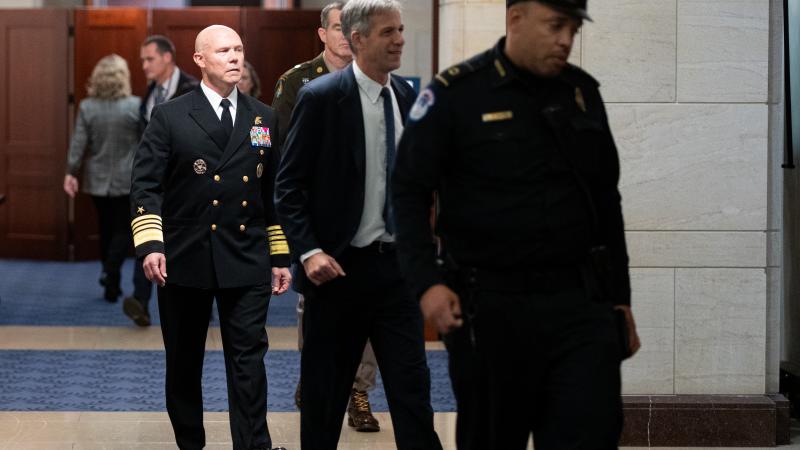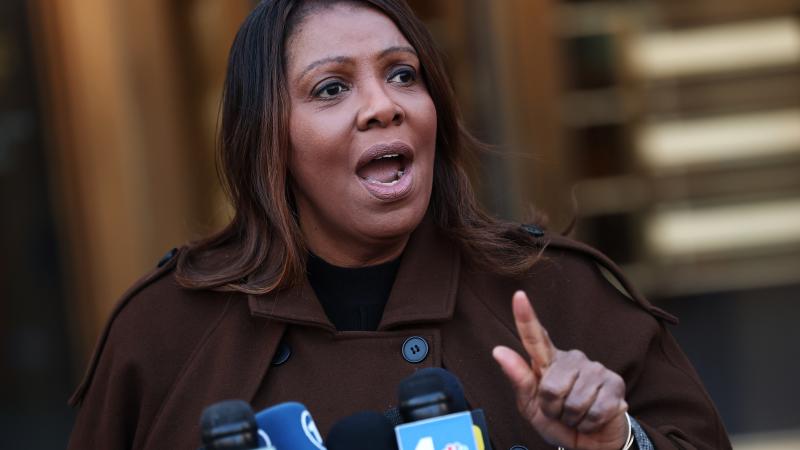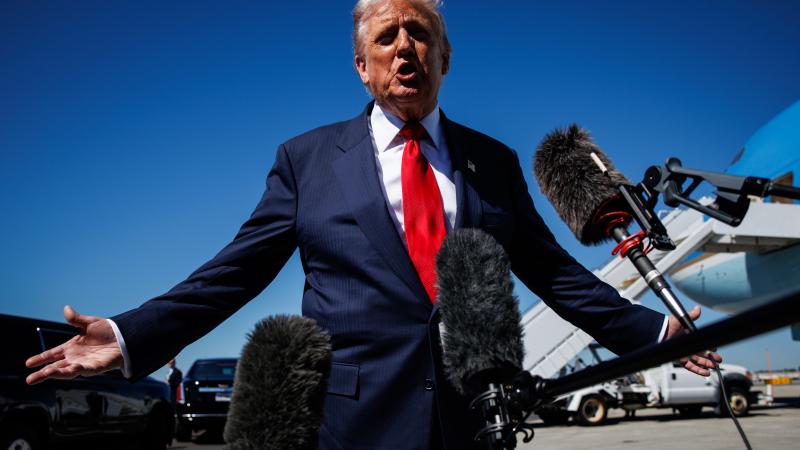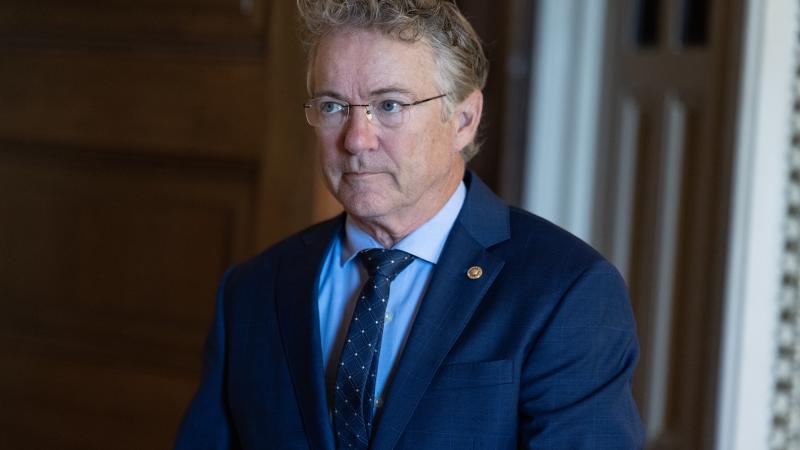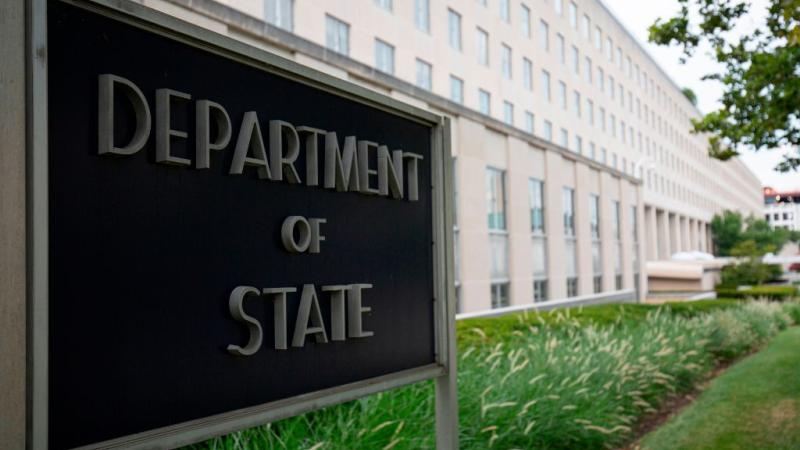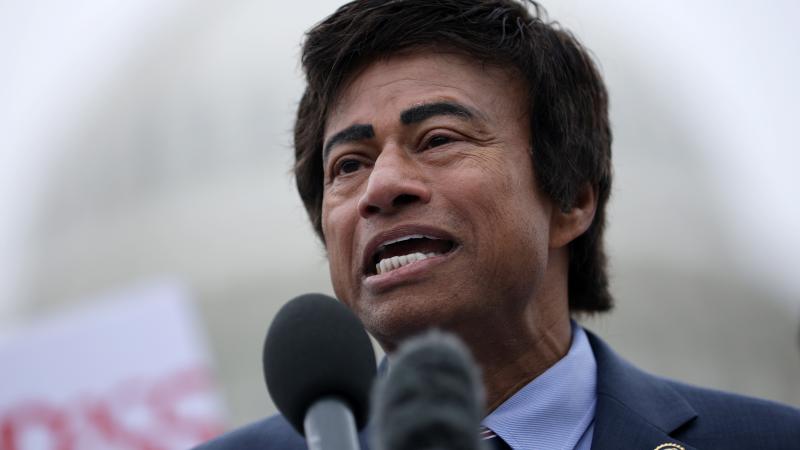Shakeup at State Department raises concerns from foreign aid experts
Rubio argued that the State Department “has long struggled to perform basic diplomatic functions, even as both its size and cost to the American taxpayer has ballooned.”
(The Center Square) -
Many foreign policy experts are expressing concern over U.S. Secretary of State Marco Rubio reorganizing and cutting the State Department, cautioning that eliminating or consolidating offices could jeopardize America’s foreign assistance efforts.
The restructuring plan includes eliminating more than 700 positions, 132 out of 734 offices, and 15% U.S.-based staff, as reported by The Center Square. Rubio had already taken on the role of acting administrator of the United States Agency for International Development (USAID).
Rubio argued that the State Department “has long struggled to perform basic diplomatic functions, even as both its size and cost to the American taxpayer has ballooned,” and promised the changes would promote efficiency, prioritization, and cost-cutting.
But some international affairs experts shared concerns with The Center Square that the plan – which includes closing multiple embassies and eliminating some offices focused on human rights and democracy, and folding their responsibilities into other divisions – could have its drawbacks.
Irina Tsukerman, a geopolitical expert and lawyer at the Arabian Peninsula Institute, told The Center Square Wednesday that the cuts could impact aid and diplomacy efforts in developing countries, especially those in Africa.
“This loss of support undermines decades of progress, especially in fragile states that rely heavily on U.S. assistance for basic services,” Tsukerman said. “The U.S. could cede influence to China and other competitors, who have increasingly expanded their development footprint across the continent, often with less focus on human rights, democratic governance, or long-term sustainability.”
The subsequent erosion of America’s intelligence-gathering capacity and “soft power” projection will likely outweigh any cost-cutting benefits, Tsukerman added.
“This isn’t just about Africa. A cut of this magnitude will bleed expertise, relationships, and institutional memory – things that take decades to build and minutes to destroy.”
Gordon Gray, the U.S. Ambassador to Tunisia from 2009 to 2012, said the reorganization of offices and bureaus isn’t as important as the cuts to budget and staff.
“To me, it's the budget question and the people question – and the answers to those two questions are going to illuminate the U.S. policy going forward on foreign assistance – as opposed to the State Department reorganization, which at the end of the day is just shifting [things] around,” Gray told The Center Square.
With roughly two-thirds of State Department staff working locally at embassies overseas, Gray questioned how the Trump administration plans to distribute aid if it continues to downsize the federal agencies responsible.
“All this suggests to me a bumper-sticker approach to say ‘yes, we cut positions,’ rather than a strategic approach to the challenges that the United States faces,” Gray said. “I'd be hard-pressed to point to anything in the plan that I've seen that makes the country safer, stronger, and more prosperous.”
